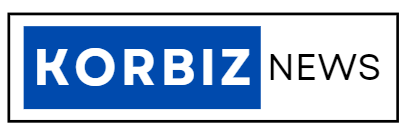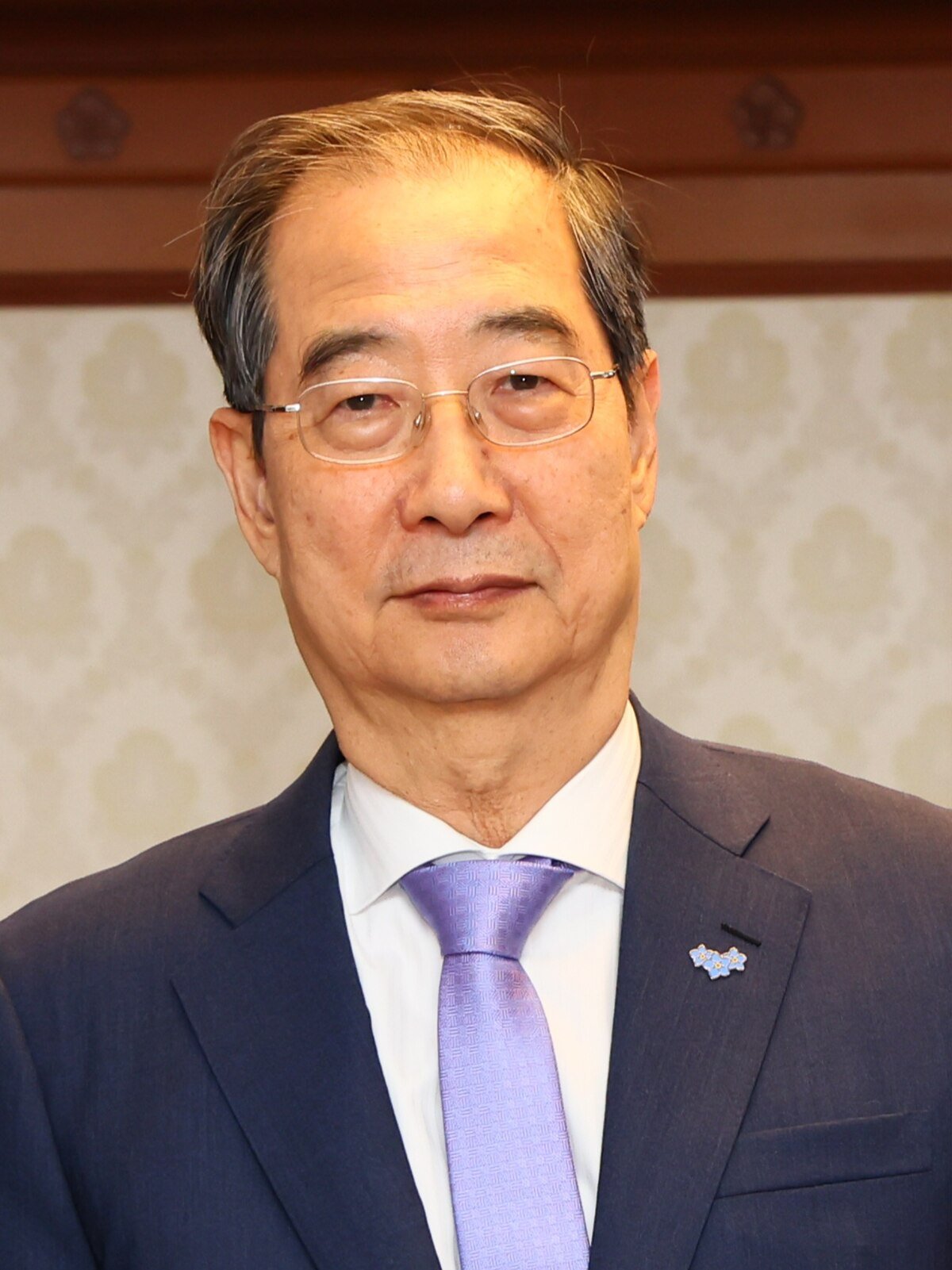
Expectations for the Bank of Korea (BOK) to lower its key rate in October are growing, reaffirmed by the dovish stance of the U.S. Federal Reserve on September easing, market watchers said Thursday.
Propelling the optimism is Fed Chair Jerome Powell’s comment Wednesday (local time) about the advancing timing of a rate cut, underpinned by inflation tempering toward the goal of 2 percent coupled with cooling employment readings. The equal emphasis on the two is a notable dovish shift in tone from the previous sole emphasis on price trajectory, as indicated by the mention of “highly attentive to inflation risks” in the June statement.
Korea’s central bank largely shares the inflation-positive market conditions conducive to easing. However, four months of rapid build-up in household debts have emerged as a major financial stability risk factor, compounded further by a sustained weakening of the Korean currency that slumped to nearly 1,400 won against the U.S. dollar.
The Fed chair said during Wednesday’s presser that a reduction in the policy rate “could be on the table as soon as the next meeting in September, if conditions are met.” He kept the benchmark overnight interest rate unchanged in the 5.25 percent to 5.50 percent range.

“The BOK is expected to begin its easing cycle in October after the Fed cut in September, as previously projected,” said Park Seok-gil, executive director of JPMorgan Chase Bank Asia Economic Research.
“The beginning of the cycle, however, will not equate to a rapid pace of cuts. We maintain our previous baseline view of one BOK cut this year, followed by two over the course of next year.”
Calls for normalization of monetary policy will gain traction, in his view, with factors of gross domestic product (GDP) and inflation prints considered on a holistic basis in the broader context of global financial and macroeconomic conditions.
“October easing is well within the expected course of BOK action. The extent and pace of cuts will be determined by financial stability concerns including household debt and currency fluctuations, among other triggers of financial imbalance.”
Korea’s headline inflation came to 2.4 percent in June, a steady downtrend from the two consecutive peaks of 3.1 percent in February and March.
July figures are expected to track up slightly due to a spike in fresh produce prices brought on by heavy rainfall. However, observers say the one-off supply shock will not be significant enough to derail the course of the price stabilization.
Inflation expectations, a gauge and anchor of consumer sentiment about the price increases in the future, inched down to 2.9 percent last month. This was the first reading below 3 percent since March 2022.
Korea’s GDP contracted by 0.2 percent in the April-to-June period from three months earlier, the first quarterly retreat since the fourth quarter of 2022.
The shrinking GDP was explained by weak domestic consumption, notably in goods spending as well as diminished construction and facilities investment.
The October cut is warranted by the stagnant economic conditions of the second quarter, according to Park Chong-hoon, a director at Standard Chartered Bank Korea.
“The Fed has essentially cleared the way, granting greater room for the BOK to maneuver,” he said.
“The primed steps of monetary easing should be ready to be put into action as long as price stability is confirmed, provided the economy is not overheating. The latest weak GDP print strengthens calls for easing, setting the stage for rate cuts.”
The main bourse KOSPI ended at 2,777.28 points, up 0.24 percent from the previous day. The Korean currency traded at 1,366.2 won against the dollar, up 10.3 won from the previous session.






